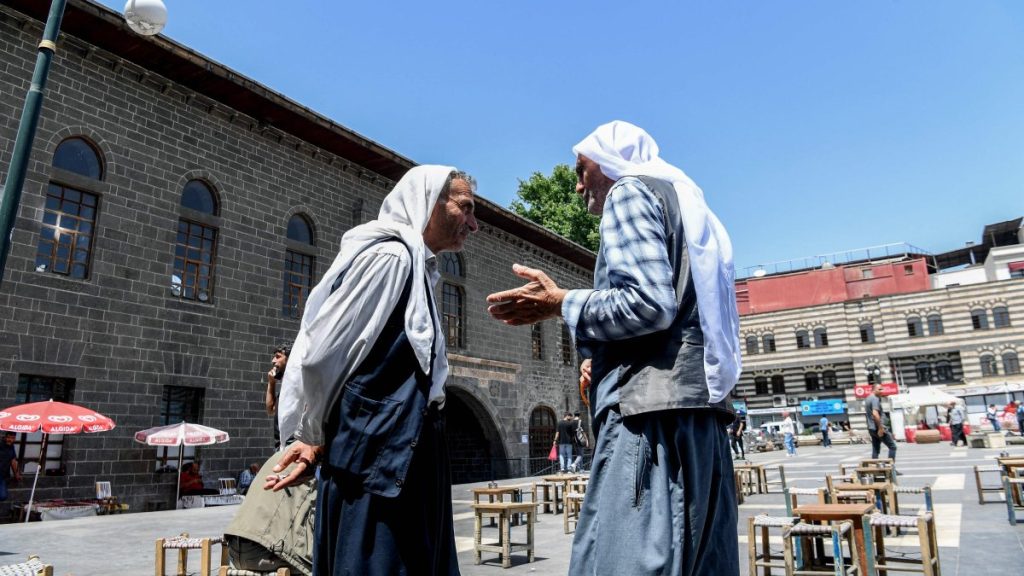The terrorist organization PKK, founded in 1978 by Abdullah Öcalan and responsible for the deaths of over 40,000 people, mostly civilians, has announced its dissolution. The group, which previously declared “cease-fires” in 1993, 1999 and 2013, began this unexpected process in October 2024 with a surprising proposal. Devlet Bahçeli, leader of the Nationalist Movement Party (MHP), suggested that Öcalan address Parliament to declare the PKK’s dissolution. The proposal sparked intense debates between the government and opposition, but Öcalan, who is imprisoned, responded positively. Negotiations continued through the PKK’s legal wing, the Peoples’ Equality and Democracy Party (DEM Party). Subsequently, between May 5-7, 2025, the PKK convened and decided to dissolve the organization and end its armed struggle.
In a statement released to the public on May 12, 2025, the PKK declared that “the Kurdish issue has reached a point where it can be resolved through democratic politics.” The group’s acknowledgment that the issues it used to justify its terrorist actions no longer exist is a crucial point. Despite potential setbacks or provocations, this signals that the baseline moving forward will be civilian politics, ensuring that the situation will not revert to a worse state than before.
As a journalist who has covered the Kurdish issue for decades, I am optimistic about this development. My reasons are as follows:
President Recep Tayyip Erdoğan initiated efforts to resolve the issue in 2013 and has embraced this latest process as a “state project.” Back then, Erdoğan stood alone, but over time, the mainstream nationalist MHP and the DEM Party, a key stakeholder in the issue, have aligned with his vision for peace.
New global dynamics and developments in neighboring countries have rendered Cold War-era organizations like the PKK obsolete in our region. The return of Donald Trump in the U.S., who has radically shifted policies regarding illegal organizations in the Middle East, the strengthened ties between Iraq and Ankara, the Syrian revolution’s reduction of influence of countries like Iran and Russia (which occasionally supported the PKK), and the European Union’s preoccupation with its own issues have all worked against the PKK.
Of course, the situation is not entirely rosy. For instance, the main opposition Republican People’s Party (CHP) has effectively taken a stance against the process following the PKK’s self-dissolution. CHP leader Özgür Özel cannot openly oppose it due to public support, but his party has already begun efforts to provoke radical nationalist circles. As a member of the Socialist International, the CHP is poisoning the atmosphere with slogans like “The government will let terrorists into Parliament” and “Privileges not given to Turks are being given to Kurds.”
Nevertheless, the genie is out of the bottle, and the process’s success lies in its benefits for all. The dissolution of the PKK, a major player in regional human trafficking, money laundering and drug trafficking alongside its terrorism, will normalize relations between Türkiye, Syria and Iraq. The revival of long-stagnant trade will contribute to regional peace.
Daesh has been wiped out, and its secular counterpart, the PKK, is nearing its end. It would not be an exaggeration to say that, in our region, aside from the Israeli army – which just yesterday attacked the Fatma bint Esad School in Jabalia, killing 10 civilians, four of them children and the rest women – no significant terrorist elements remain.


